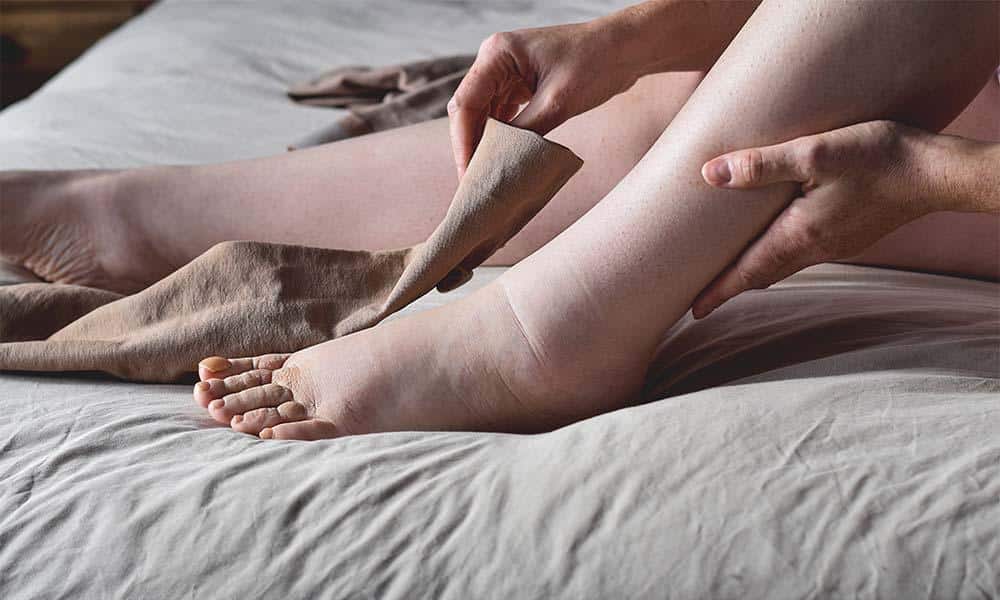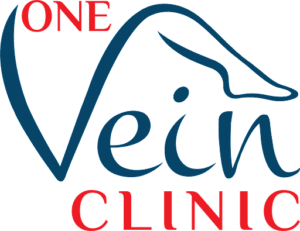Lymphedema
Vein Treatment located in St. John’s County, St. Augustine, FL

Lymphedema services offered in St. John's County, St. Augustine, FL
If you have cancer or undergo radiation therapy, your risk for lymphedema increases. At One Vein Clinic, Fawzi Farha, MD, offers in-office evaluations to assess the severity of leg swelling and other symptoms lymphedema can cause. Dr. Farha works closely with you to ease swelling and restore range of motion in your limbs. He also provides ongoing care to reduce your risk factors for recurrent infections and other complications lymphedema can cause. If you have fluid build-up or other symptoms of lymphedema, call the office in Augustine, Florida, to schedule an evaluation or book an appointment online today.
One You.
One Doctor.
One Vein Clinic.
Our team is small, but resourceful. Most importantly, we are like family. From your first call until the end of your recovery, you will sense that sincere and personalized attention throughout the process.
Lymphedema Q&A
What is lymphedema?
Lymphedema is a chronic condition characterized by the accumulation of lymph fluid, typically in the arms or legs, due to a compromised lymphatic system. This disorder often occurs when the lymph nodes or vessels are damaged, leading to swelling, discomfort, and a feeling of heaviness in the affected areas.
Common causes include surgery, radiation therapy, infection, or genetic predisposition, hindering the proper drainage of lymph fluid and resulting in persistent swelling.
Although there is no cure, various treatments such as compression therapy, exercises, and specialized massages aim to manage symptoms and improve quality of life for individuals affected by lymphedema.
Why does lymphedema cause leg pain?
Lymphedema causes leg pain primarily due to the blockage within the lymphatic system, resulting in the accumulation of excess fluid and subsequent swelling. This buildup of fluid can range from mild swelling of a toe or toes to severe and extensive swelling affecting one or both legs.
The increased pressure from this swelling places strain on tissues, nerves, and blood vessels in the affected area, leading to discomfort and pain. Additionally, the swelling stretches the skin and tissues, contributing to sensations of tightness and heaviness, further exacerbating the pain experienced by individuals with lymphedema in their legs.
Over time, this ongoing pressure and compromised circulation can result in chronic pain, making it essential to manage and treat lymphedema effectively to alleviate leg pain and improve overall comfort and mobility.
When should I seek treatment for leg pain?
You should schedule a diagnostic evaluation at One Vein Clinic for leg pain that doesn’t go away with rest or if you have pain that affects your ability to be physically active.
Dr. Farha also recommends an evaluation for leg pain that develops suddenly or occurs with:
- Leg swelling
- Varicose veins
- Shortness of breath
- Skin discoloration
You may need a physical exam and blood work to determine what’s causing your pain. Dr. Farha might also request an ultrasound or other diagnostic imaging test to assess blood circulation in your legs.
Based on the results of your exam and testing, Dr. Farha designs a treatment plan to relieve leg pain and treat its underlying condition.
How is leg pain treated?
If your leg pain is the result of a blood clot or other circulatory problem, you may need to take blood thinners or medications to break up blood clots or to flush excess fluids from your body.
When varicose veins cause leg pain, Dr. Farha may recommend sclerotherapy or VenaSeal™ treatments to close off damaged veins to improve circulation in your legs.
You may also need to make lifestyle and diet changes that improve your circulatory health. Dr. Farha might suggest limiting salt in your diet, losing weight, and getting at least 30 minutes of exercise daily. He can also discuss the benefits of wearing compression socks to prevent pain from fluid build-up in your legs.
To schedule a diagnostic evaluation for leg pain, call One Vein Clinic or book an appointment online today.
